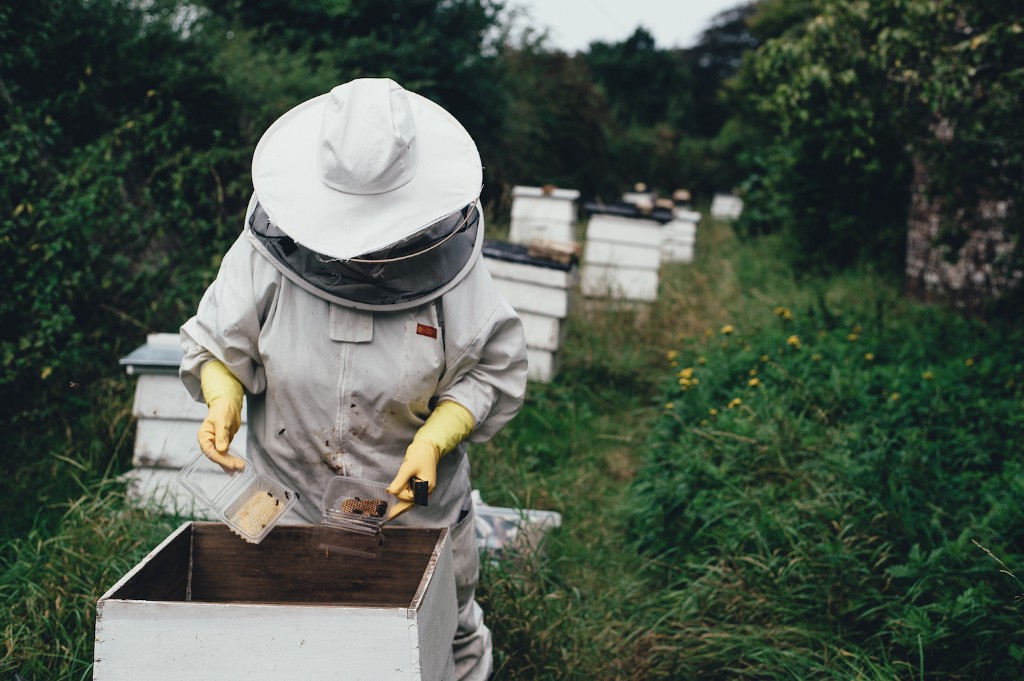By Tanner Methvin, Partner in Impact Amplifier and Earth Capital
Smallholder farmers have become the most important piece of the global agricultural system. Small farmers feed close to 80 percent of the total population in Asia and Sub-Saharan Africa and support the livelihoods of nearly 2 billion people worldwide.
This community of farmers sit at a critical nexus between survival and global opportunity. With 500 million farm holdings in the developing world, smallholder farmers typically cultivate less than two hectares (4.4 acres) of land for subsistence and earn less than $2 per day. Most smallholder farmers farm out of necessity not opportunity. These are families who have few alternatives except to grow there own food and to sell whatever excess they can.
Although smallholders dominate the production of cocoa and coffee, and play a key role in tea, bananas, and sugar, particularly in Africa, few have the luxury of participating in larger supply chains for cash crops. As these farmers already have access to land, the means of production, and a keen desire for more lucrative crops, marrying their needs with the increasing demand for food could not be more opportune. Global food demand is expected to grow at an astronomical rate — 59 to 98 percent by 2050.
This intersection of supply and demand has not gone missed for both multinationals and local companies alike who are increasingly looking to smallholders as a sourcing option for their supply of agricultural commodities. Larger buyers of agricultural products have recognized the opportunity smallholder farmers offer to their supply chains. Programs and operating models such as Nando’s “Peri Peri Ethical Sourcing Initiative,” the Export Trading Group, as well as Unilever’s “ Livelihoods for Smallholder Farmers,” provide evidence that it is possible to both integrate smallholder farmers on commercially competitive terms while also making a sustainable impact on rural poverty.
Although integrating smallholder farmers into large supply chains is opportunistic, it comes with multiple risks. These farmers typically have lower yields than commercial farms based on limited: technical expertise, working capital to invest in fertilizers, pest and disease control, and access to irrigation infrastructure. Additionally, smallholder farmers often have limited experience with the contractual obligations of cash crops or have little trust in commercial buyers based on prior experiences. These two factors lead to “side selling” where the farmers sell crops to buyers other than those contracted, which makes supply chain management more complex.
Smallholders also offer a range of benefits to larger commercial buyers. When networked effectively, production can be scaled up and down with limited additional infrastructure and other related costs. They also offer the opportunity to impact rural poverty, enhance financial inclusion, and grow consumer markets. Additionally, in labor-intensive supply chains such as horticulture and higher quality grade and niche markets for fair trade, organic, or boutique markets, smallholder farmers can compete with larger suppliers.
In order for smallholder farmers, particularly in Africa, to fill the increasing demand for food delivered via large supply chains both the risks must be minimized and the benefits enhanced.
First and foremost large buyers have to recognize that purchasing from small farmers is not business as usual. These commercial buyers have to figure out mechanisms to aggregate these farmers to reduce the cost of logistics. This usually means working through cooperatives or collaboratively with other structures established by the public sector and NGO community. They must consider how to provide technical support to increase yields, access to micro loans for both the seasonal inputs (fertilizer, pest and disease control) and irrigation systems, and financial transactions outside the traditional banking system.
They also need to offer a fixed price prior to planting and a guaranteed off take agreement, which allows the smallholder farmers to plan and have some security of income. Farming under any circumstances is a high risk endeavor. When it is undertaken by farmers who have no resilience to shocks or chronic stress, the consequences of failure are not simply financial, but food security, healthcare, education and housing.
Smallholder farmers could very well be the only answer to feeding our increasing population, but just as importantly they offer the extraordinary opportunity to build an economy, which is inclusive in nature, where growth and prosperity are not the exclusive domain of the few.
https://medium.com/media/c982b1e36bcbaf50b255e8936f0dd37f/href











